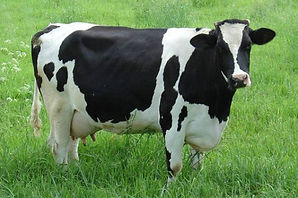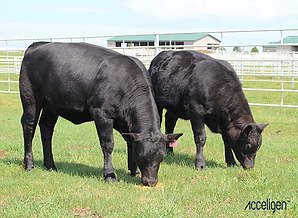Which Beef would you rather eat?

VS

Genome Editing in Animals can help raise a healthier and tastier Bessy
Gene editing has been around for centuries. Before the industrial revolution, humans have been selectively breeding crops and livestock, leading to larger crop yields and crops better suited for human consumption. Today, gene editing is more widely used. A cow can be genetically engineered to not be prone to certain diseases harmful for the human and the animal.
Genome editing can be helpful for the farmer and help reduce the cost of groceries too! Gene editing is used to enhance milk production, driving up supply and driving down cost for produce. Scientists manipulated the growth hormone receptor (GHR) gene, which stimulated milk and protein production for cows.
Genome editing has improved accessibility of produce to people with allergies. Through genome editing, scientists has been able to disable the alpha-gal molecule in pigs, which some people are allergic to.
Are Genetically Modified Livestock Safe?

Concerns for Human and Animal Saftey
Just like GMO crops, Genetically modified livestock could have unknown properties that are harmful to humans. We don't have much data on the safety of genetically modified livestock. There could be future side effects that we have not anticipated. Eating genetically modified pig that prevents allergies could cause a serious side effect later on.
It hasn't been extensively tested on animals too. Gene editing tools like CRISPR are in its infancy, and creating genetically modified livestock could have side effects on the animal we don't know about. This would be cruel and unusual to the animal.
Ethical Dillemas
There are pros and cons on both sides of the argument. A utilitarian may argue that the perceived benefit of genome edited livestock is far greater than the health effects. With increased efficiency and lower cost, we could solve a bigger problem: lack of food in developing nations.
However, someone who believes in care ethics will tend to look at the individual cases of suffering of both humans and animals, and may argue against genetically modified livestock.